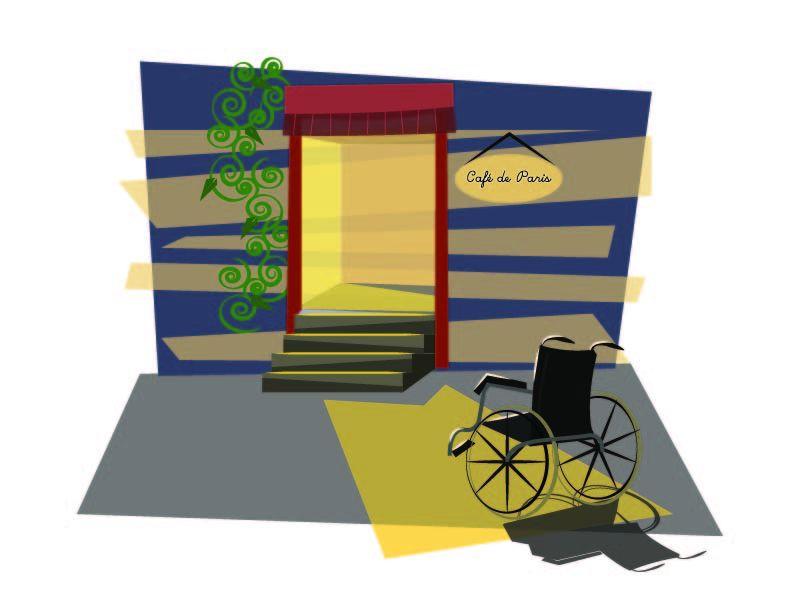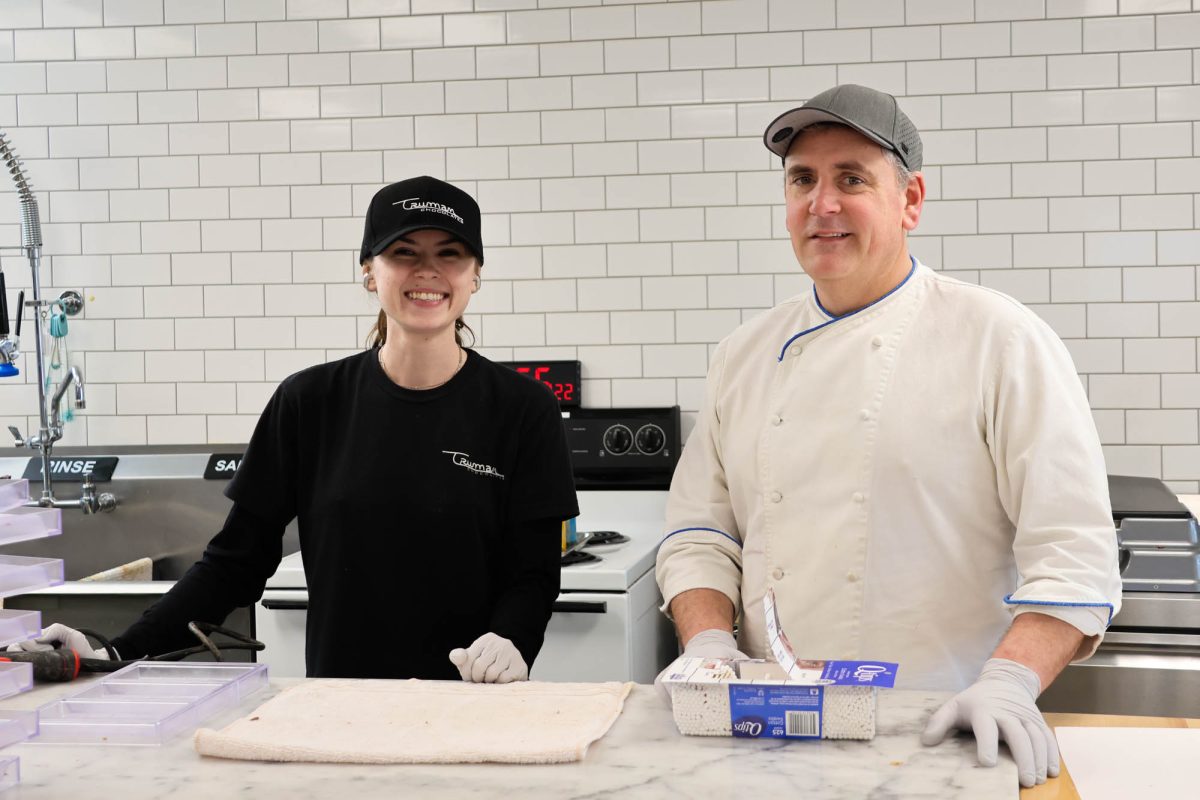The Eiffel Tower, the Notre Dame Cathedral, Louvre Museum — traveling to Paris can be overwhelming, especially for those who rely on a wheelchair to get around. One former student, Paula Bates, is trying to make travel easier for people who have limited mobility by writing handicap-accessibility travel guides.
Bates, Class of 2010, recently released her first guidebook, “Paris Access Now.” The guide, which provides intricate details on Paris infrastructure and accessibility, is an attempt by Bates to fill a gap left by more mainstream travel guides.
While working as a travel agent for Sage Travelling, Bates noticed many disabled travellers were starved for options and said she felt called to make a difference.
“It came to my attention that there really aren’t a lot of resources out there for people who have limited mobility who want to travel, specifically to Europe,” Bates said. “Traveling to Europe in a wheelchair is pretty difficult because they don’t have the same kind of regulations we have here in the U.S.”
Bates said she was surprised to find out many people with limited mobility still want to travel but lack the resources needed to plan correctly.
“It was a little eye-opening to me, to see how they would come to the travel agency because they thought they couldn’t do it themselves,” Bates said. “They couldn’t find answers to their questions. It’s one of those situations where they might not feel like they have any other options, so they might have to pay several hundred dollars extra than if they could plan the trip themselves.”
And so, Bates began to research. For eight months Bates said she searched online, made contacts and did anything she could to prepare for stepping foot in Paris herself. Once she was there, seeing the city from the eyes of the mobility limited caused a serious shift in perspective.
“It’s really interesting and a motivator to me when I get to actually do the first-hand research,” Bates said. “I’m there in the city, and I see just how — what’s accessible and what’s not — it’s just a totally different way of looking at a city. It changes your perspective.”
Adam Varcoe, a partner at vacation rental agency Paris-By-Heart, consulted with Bates during the writing of her guidebook. Varcoe, whose father lives in Paris and walks with a cane, has intimate knowledge about the accessibility options in Paris. Varcoe said because Paris is so old, the possibility of adding options for the disabled just isn’t there.
“All the stereotypes you imagine about tiny little streets and what not are true,” Varcoe said. “The thing is, all these buildings are hundreds of years old, so it’s almost impossible to say, ‘Hey, let’s make this building handicap accessible.’ It’s just kind of by luck.”
Varcoe said the lack of information for disabled travellers makes now the perfect time for a book like Bates’ to come out.
“As far as Paula’s book goes, I think there’s more need than ever for something like this, because there’s no standards,” Varcoe said. “If there was a standard, there could be a check box. But because it’s Europe, it’s all shades of grey.”
Luis Flores, applied mathematics senior, said as a wheelchair user, he saw value in Bates’s guidebook.
“I mean, I think it’s a good idea because, let’s be honest, who doesn’t want to go to Paris?” Flores said. “However, it would be depressing to travel that far and learn you can’t do something in your plan.”
Flores said one aspect of being wheelchair-bound is the need to plan ahead.
“Knowing things that are going on up ahead, knowing what’s going to happen and knowing what I need to do, it helps a lot,” Flores said. “I don’t want to end up falling over or using some sketchy way to get around town.”
The book is available now at Bates’s website, www.WheelChairAccessNow.com.
An Aggie’s guidebook for the wheelchair-bound
September 20, 2015
0
Donate to The Battalion
$1745
$5000
Contributed
Our Goal
Your donation will support the student journalists of Texas A&M University - College Station. Your contribution will allow us to purchase equipment and cover our annual website hosting costs, in addition to paying freelance staffers for their work, travel costs for coverage and more!










